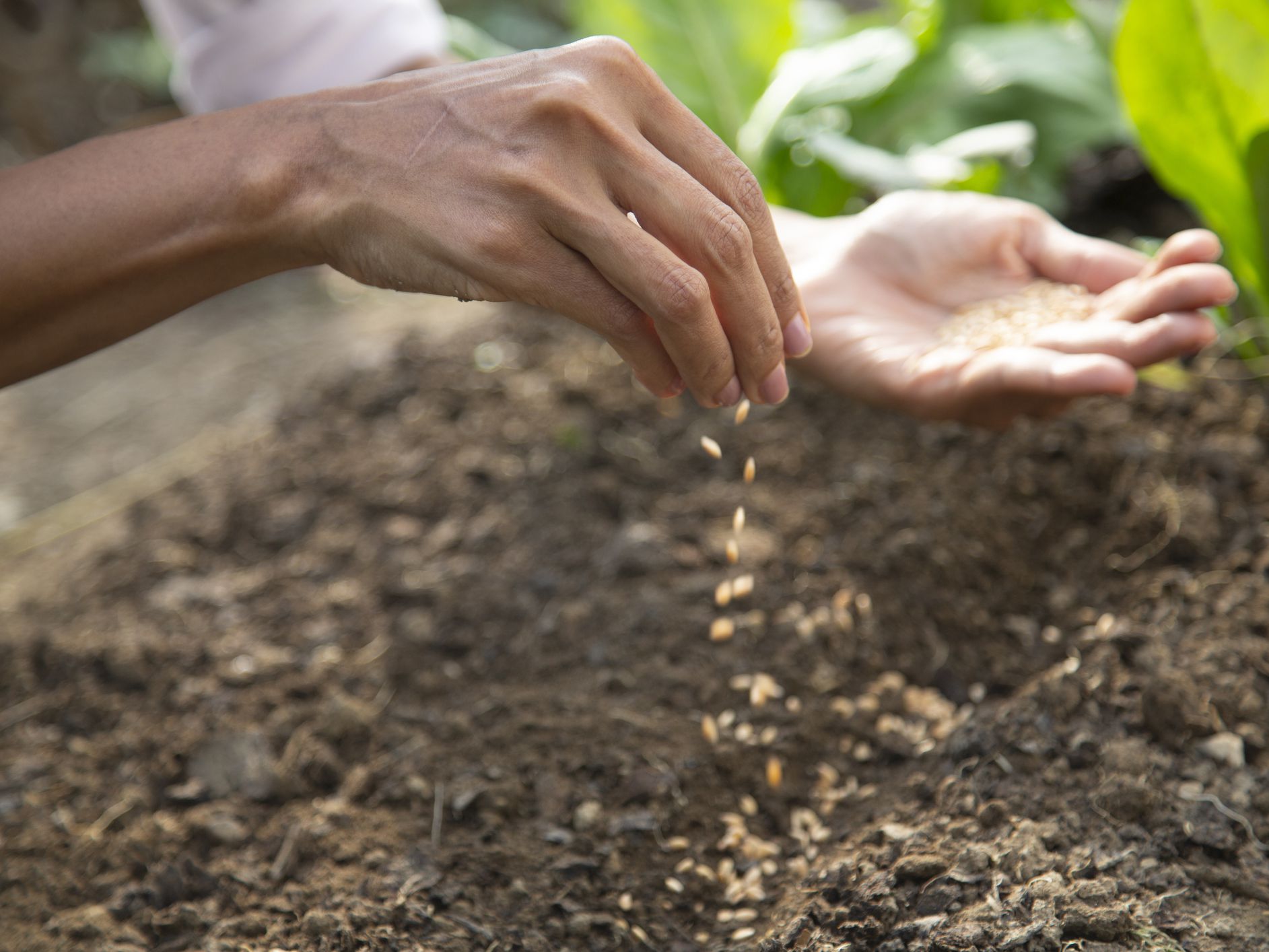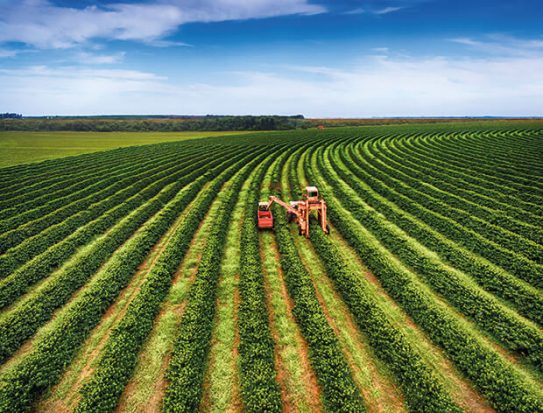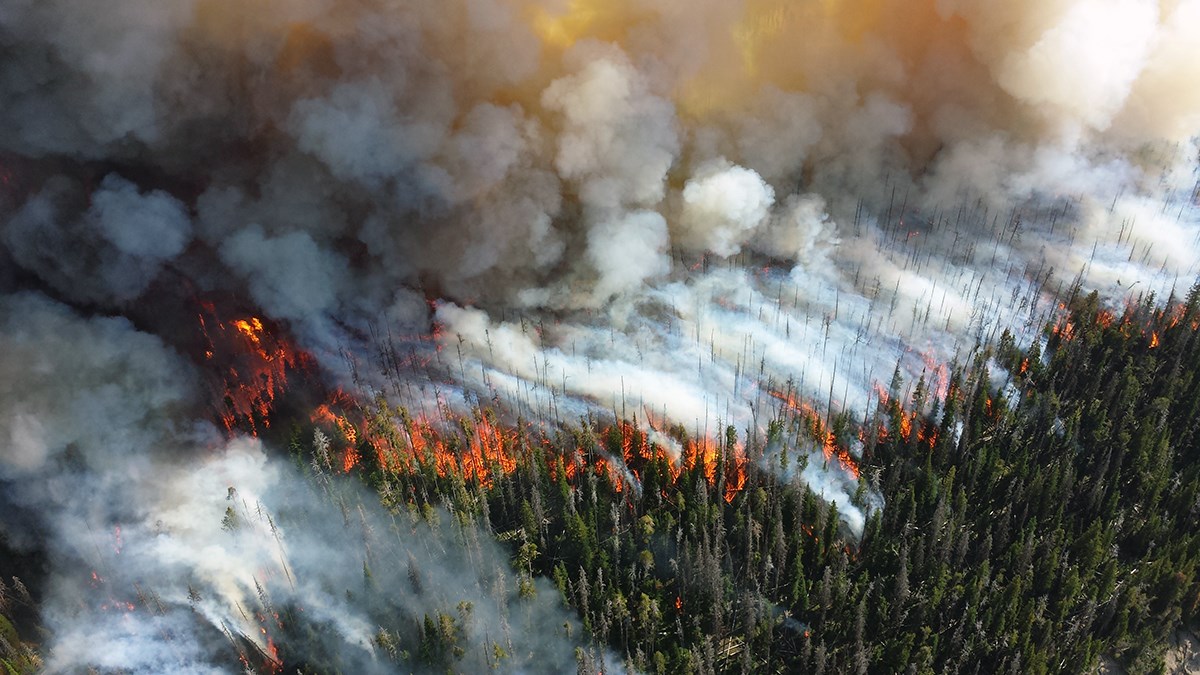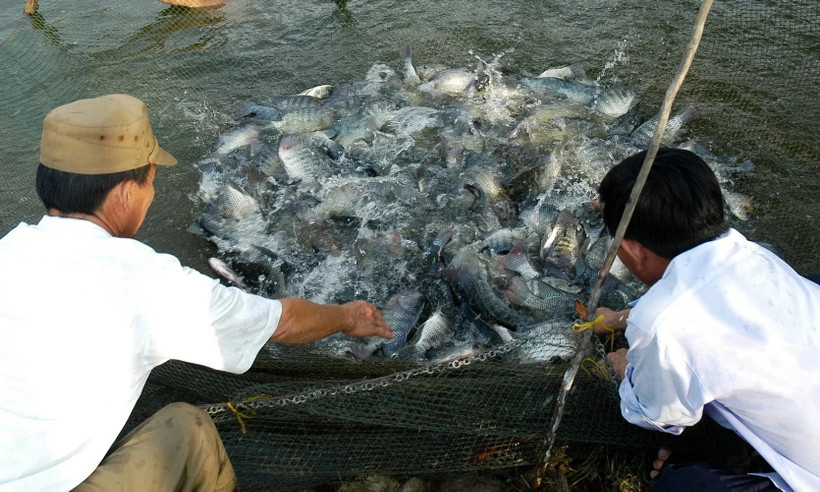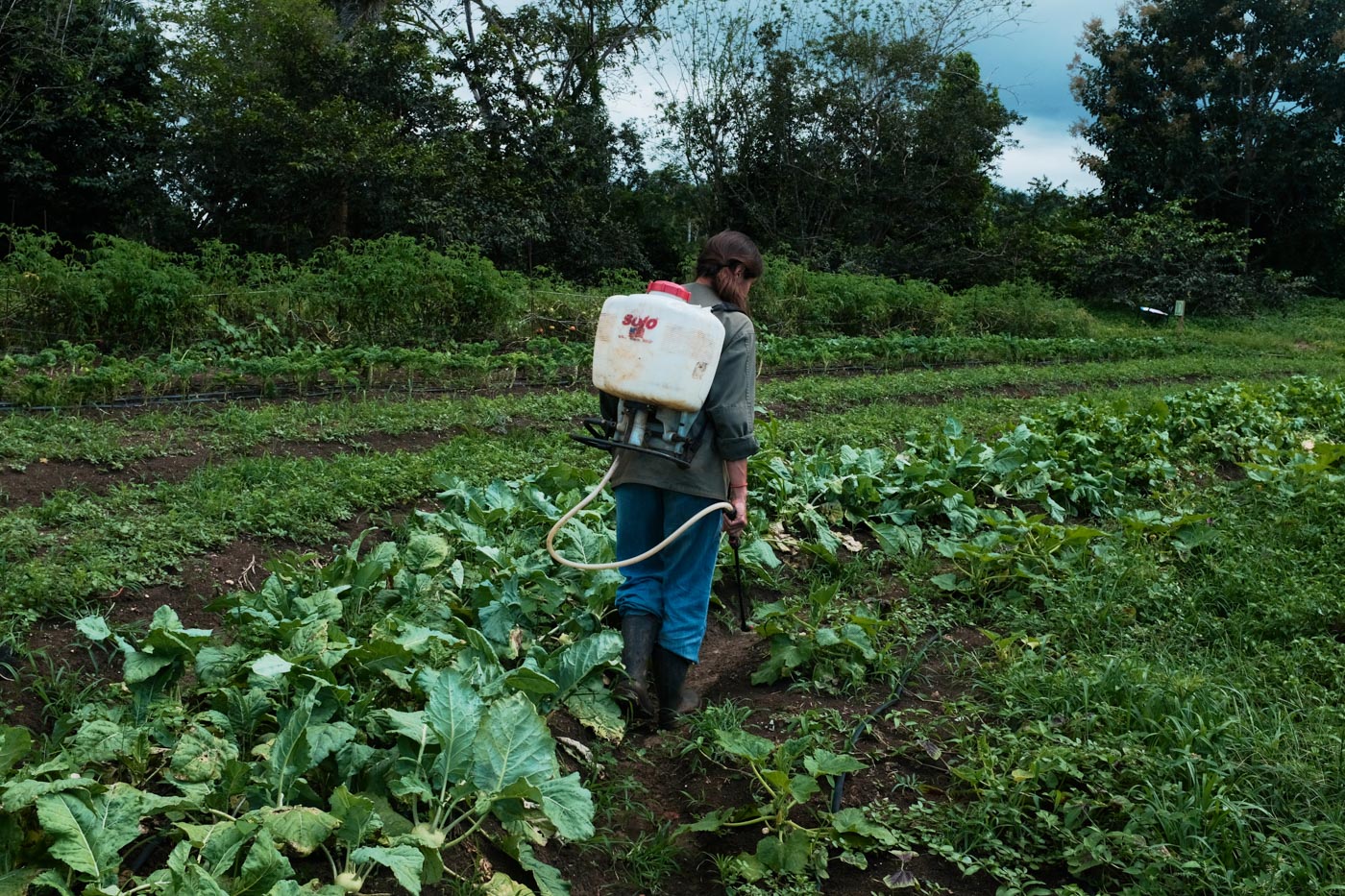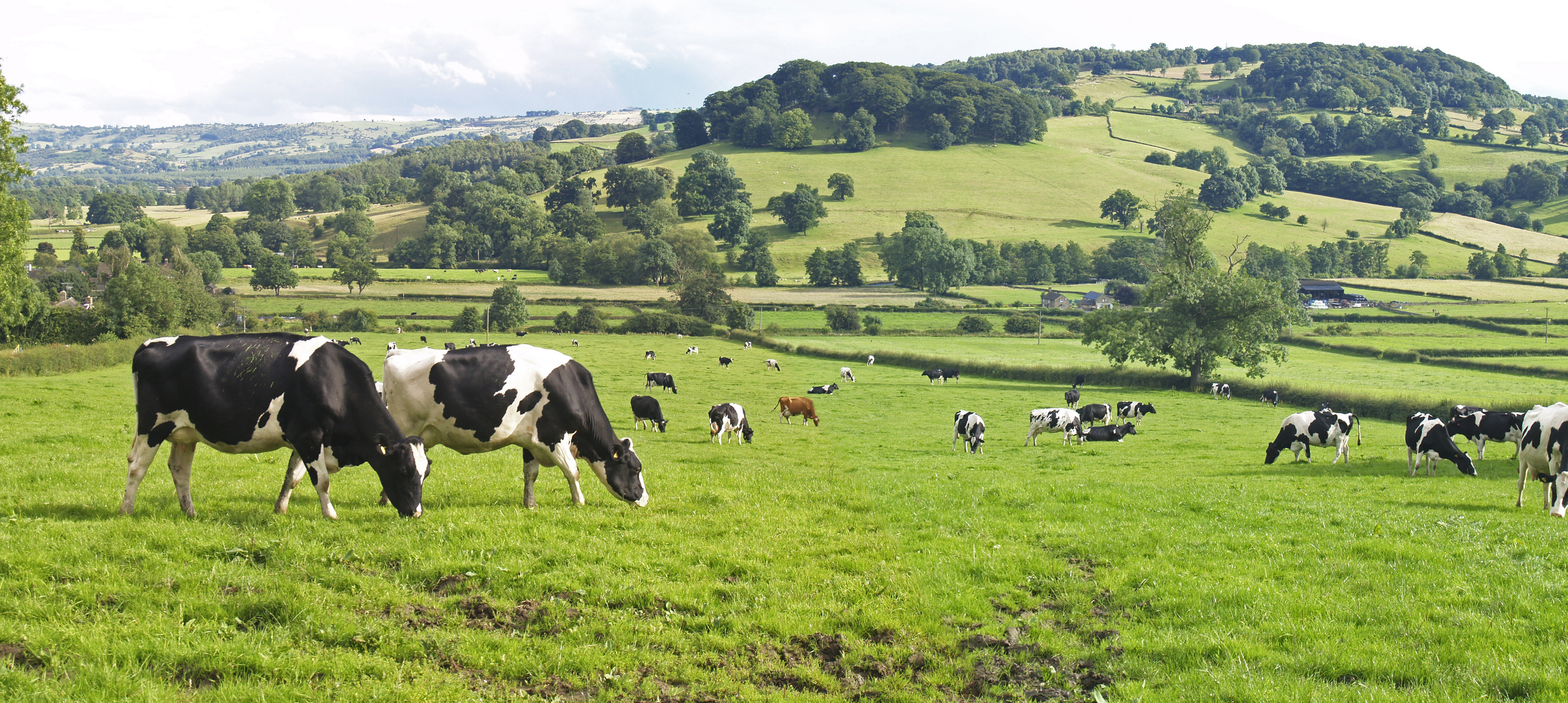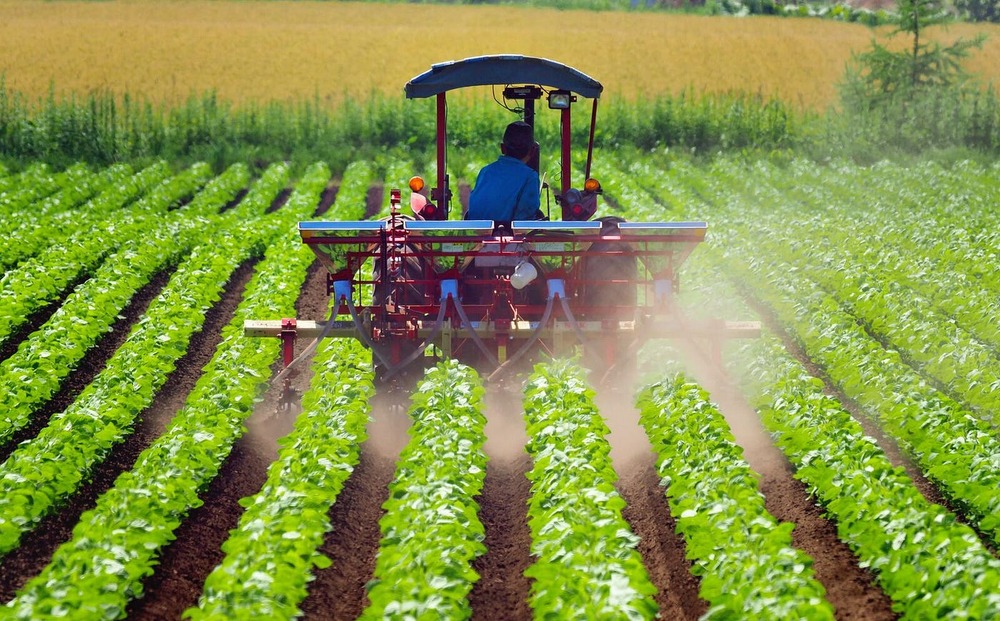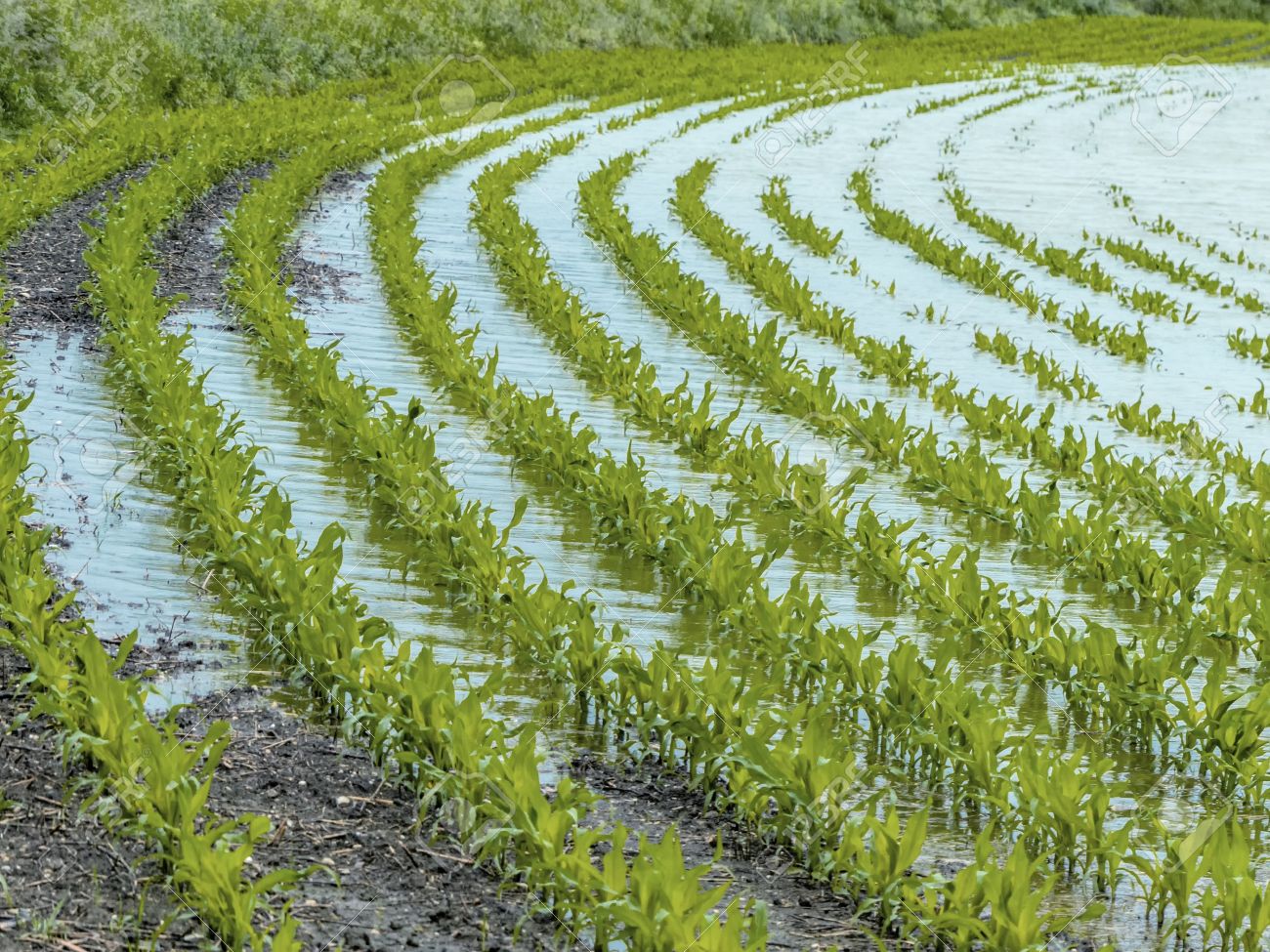As South Africa navigates through the aftermath of El Niño, its agriculture sector braces for the significant impact it could have on the upcoming winter crop season. As the country approaches the winter planting season, concerns loom over the potential challenges posed by limited rainfall.
The erratic and extreme dry weather conditions brought forth by El Niño challenge farmers to adapt swiftly, often resorting to innovative irrigation methods or shifting crop varieties to mitigate losses.
According to National Agricultural Marketing Council (NAMC) economist Thabile Nkunjana, the consequences of El Niño are being felt in South Africa’s agriculture industry, with notably lower summer crop yields expected in 2023–2024.
Shift in seasons brings uncertainty
He added that the country is currently shifting to the winter crop planting season for 2024–2025, which usually begins in late April or May, depending on where you are in South Africa.
“With the El Niño phenomena, there is a lot of uncertainty regarding the weather and, consequently, the winter crop that South Africa is going to plant. Wheat is the second most popular grain in South Africa after maize hence its importance for the country’s food security. Other winter crops are barley and canola.
“Farmers’ decisions to plant winter crops, such as wheat, are likely to be influenced by the current weather forecast,” Nkunjana said.
Predictions for a neutral winter
Nkunjana believes that a neutral weather state is anticipated between April and June of 2024, according to the International Research Institute for Climate and Society and the South African Weather Service.
“The Western Cape, the primary region that produces winter crops, is thought to be able to obtain the average rainfall required to sustain the winter crop season in a neutral weather state.
“The most significant thing to note as the country approaches winter is that a better weather forecast than what it currently is would probably encourage farmers to plant more, which would be in line with future lower production of summer crops,” he said.
Chief economist at Agbiz Wandile Sihlobo said the country is entering into another critical period for South Africa’s field crops, with farmers in the Western Cape likely begin to prepare the soil for the 2024/25 winter crop production season by the end of April.
Nkunjana further explained that the International Research Institute for Climate and Society expects a La Niña phenomenon as the most likely conclusion from July to September 2024 and November to January 2025.
Preparing for winter crop planting
Meanwhile, KwaZulu-Natal crop farmer Zandile Cele told Food For Mzansi that planting on time sets the foundation for successful growth, development, and optimal utilisation of resources throughout the farming cycle
“Planting on time allows crops to benefit from early rainfall or moisture in the soil ensuring optimal water availability during critical growth stages.
“When planting on time, crops can escape periods of high pest and disease activity such as the stalk borer in maize, reducing the risk of significant damage,” she said.
For Cele, winter brings the biggest challenge, which is limited rainfall in her area. She explained that she and her team have planted dry beans and as farmers who do not have an irrigation system yet, it is a challenge.
“But we can leave some grass to attract dew so that our beans can continue to grow. While doing that grass transports pests and diseases and forces us to spend more money on pesticides,” she said.
She believes that regardless of the predicted dry winter, farmers should be able to have a successful winter planting season.
“It can work for them if they practice planting on time because crops have a better chance of escaping drought conditions if rainfall becomes scares after the onset of the growing season,” she said.
Source - https://www.foodformzansi.co.za


